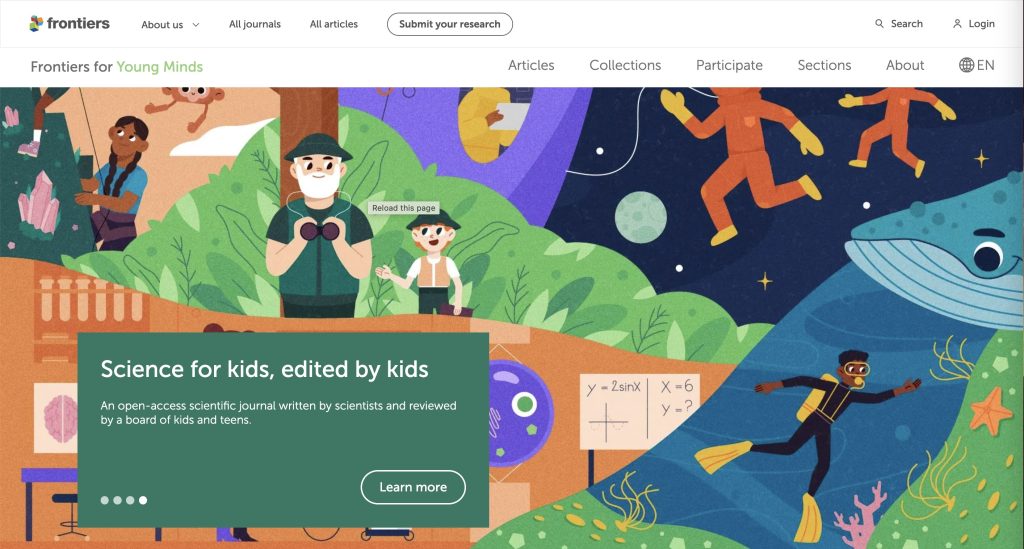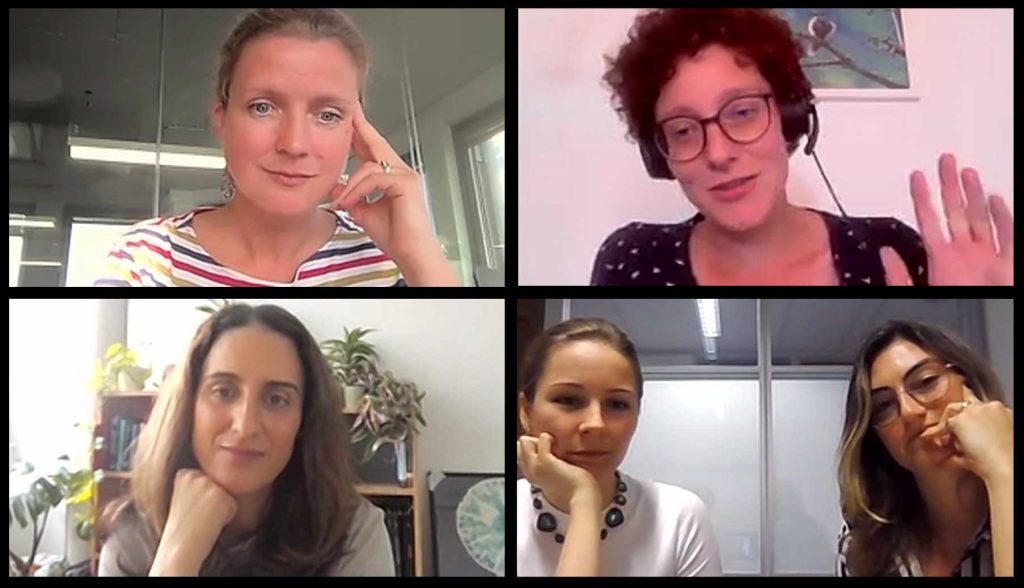Call for Proposals to Host the Open Education Global Conference 2024 or 2025 is Open!
Deadline for proposals: November 30, 2022.
Thank you for your interest in hosting the Open Education Global Conference. Planning a global conference is a long and intensive process, thus applications for hosting are taken well in advance.
The Open Education Global Conference is the largest global conference devoted to open education, attracting hundreds of participants typically from more than 45 countries around the world. The Conference is the annual opportunity for researchers, practitioners, policy makers and educators to deeply explore open education and its impact on global education. Conference participants engage with thought leaders in open education and have the opportunity to share ideas, practices and discuss issues important to the future of education worldwide. Also, hosting the Conference is a great way to raise awareness of open education and encourage its adoption and use in your country.
Because the conference rotates to a different location each year, the Open Education Global Conference (OEG) Committee is seeking location proposals for the 2024 and 2025 conferences for the September through December time period.
Please note that we are only able to consider proposals for hosting from OEG member institutions. Not a member yet? Join or learn more about becoming a member. OEG member institutions are welcome to include a partnership with national conventions and visitor bureaus in their respective countries in the location proposal.
The Open Education Global Conference is organized during the September through December period.
Due date for submission of conference location proposal together with the proposed budget and supporting documents is 30 November 2022 to conference@oeglobal.org.
1. Conference location proposal document is available here.
2. Conference budget form is available here.
For questions, please email conference@oeglobal.org
The Open Education Global (OEG) Conference Committee and the Board of Directors reserve a right to not solicit applications for hosting if decisions about conference locations are made for two consecutive years.


